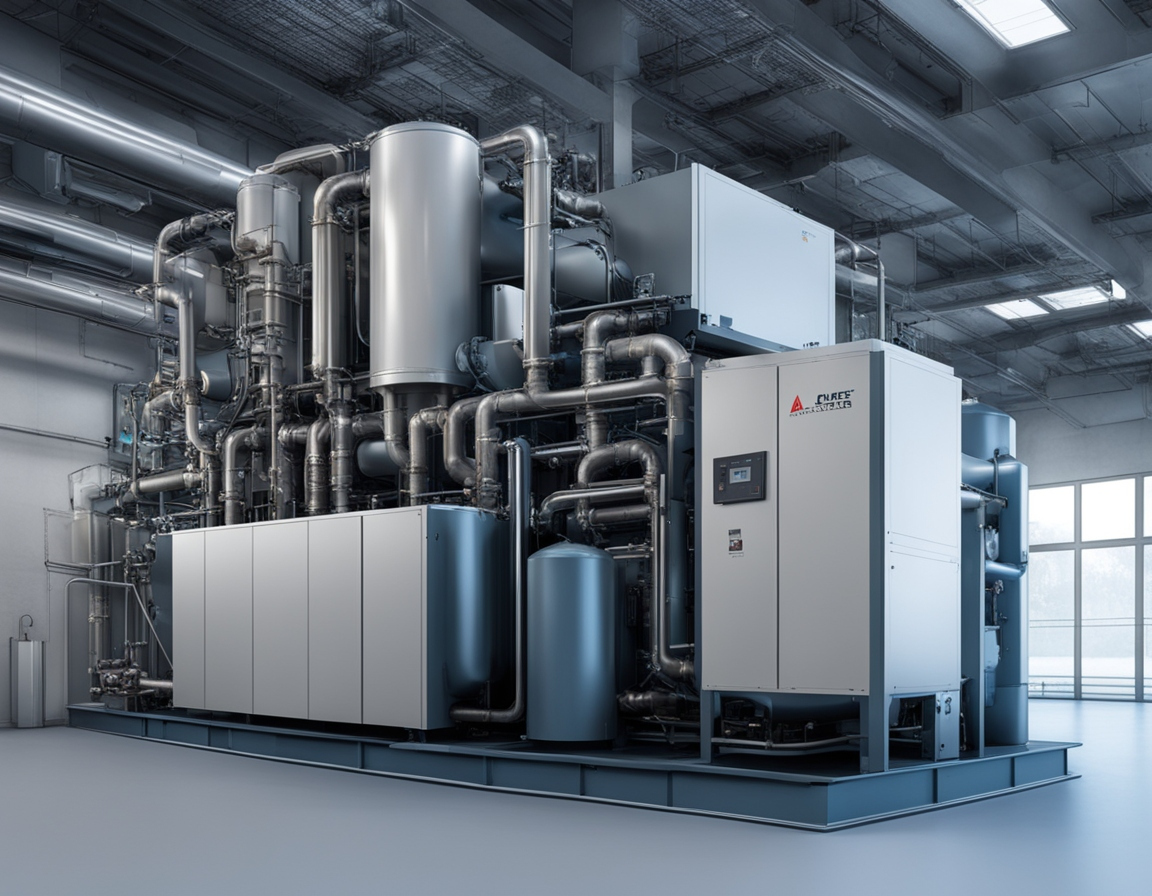
The Future of Hot Water Absorption Chillers: Innovations and Sustainability
Introduction:
The cooling industry is undergoing a transformation, driven by the need for sustainability and energy efficiency. Hot water absorption chillers, which utilize low-grade heat from hot water to provide cooling, are being enhanced with cutting-edge technologies that promise to redefine their role in industrial and commercial applications.
Emerging Technologies:
1. Nanotechnology in Absorbents:
Researchers are exploring the use of nanomaterials to improve the efficiency of absorbents in hot water absorption chillers. Nanoparticles added to lithium bromide solutions can enhance heat and mass transfer, leading to faster cooling cycles and reduced energy consumption.
2. Thermochemical Storage Integration:
Advanced hot water absorption chillers are being integrated with thermochemical storage systems. These systems store excess thermal energy during off-peak hours and release it during peak demand, ensuring consistent performance and reducing reliance on external hot water sources.
3. Low-Temperature Heat Recovery:
Innovations in heat exchanger design are enabling hot water absorption chillers to operate efficiently with low-temperature hot water (as low as 60°C). This expands their applicability to industries like food processing and textiles, where high-temperature steam is not always available.
Sustainability and Applications:
1. Green Data Centers:
As data centers seek to reduce their carbon footprint, hot water absorption chillers are being paired with renewable energy sources to provide sustainable cooling.
2. District Cooling Systems:
These chillers are a key component of sustainable district cooling systems, which serve multiple buildings with centralized, energy-efficient cooling.
3. Industrial Decarbonization:
Industries are adopting hot water absorption chillers as part of their decarbonization strategies, leveraging waste heat to achieve significant energy savings.
Challenges and Opportunities:
While the potential of advanced hot water absorption chillers is immense, challenges remain. High initial costs and the need for specialized maintenance can be barriers to adoption. However, government incentives and the declining cost of renewable energy are creating opportunities for widespread deployment.
Conclusion:
The future of hot water absorption chillers is bright, with emerging technologies pushing the boundaries of efficiency and sustainability. As these systems become smarter and more versatile, they will play a critical role in meeting the cooling demands of a rapidly evolving world.
Contact Us now to join the revolution!
